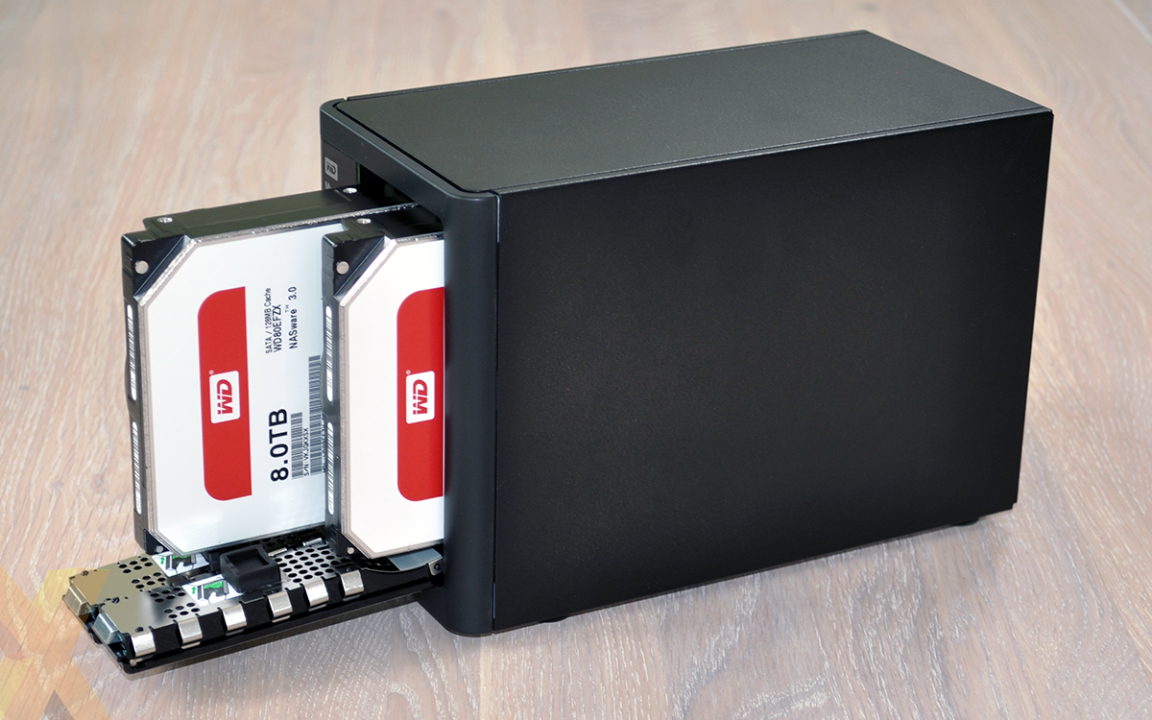In context: Back in April, major HDD manufacturers including Toshiba, Seagate, and WD were found shipping slower SMR-based HDDs without public disclosure. While all three companies admitted to this practice after being called out, WD was particularly grilled for using this technology in its Red series of NAS drives and now finds itself in the middle of multiple class-actions filed by law firms in the US and Canada.
After getting caught for sneaking shingled magnetic recording (SMR) technology into several of their HDD models, Toshiba, Seagate, and WD faced widespread criticism for not informing consumers about utilizing tech that's been noted to negatively affect performance, particularly in NAS and RAID setups.
Toshiba and Seagate didn't market their affected models as NAS drives, making their case easier to dismiss. The latter explicitly recommends its CMR-based IronWolf/IronWolf Pro series for NAS users, which, incidentally, is also our top storage recommendation in the HDD category.
WD, however, followed up with a mixed response to this controversy and later published a complete list of SMR-drives sold across its HDD product family, including four Red series drives (2TB, 3TB, 4TB, 6TB capacity models) that are marketed towards NAS customers.

Tom's Hardware reports that WD has been replacing SMR drives with CMR models for some impacted customers on a "case-by-case basis," but that hasn't stopped Hattis Law (US) and Slater Vecchio (Canada) from initiating class-action lawsuits against the company.
Both law firms allege that WD misled customers by secretly switching to 'inferior' SMR technology for its Red NAS drives. "Hard drive discs employing SMR are particularly unsuitable in NAS and other RAID deployments. This was well known to the Defendants at all material times," notes the lawsuit.
Hattis Law, which is currently receiving complainants, says that WD downgraded its drives to "apparently" cut costs, but initially denied making the secret switch and was later forced to reveal affected models following public pressure. The law firm's class-action goes into detail on how WD camouflaged the slowness of its Red NAS drives by utilizing drive-managed SMR technology, which dramatically slows down performance as it chokes the drive once its CMR cache has become full following continuous sustained random writes.

"This is especially problematic and dangerous when the hard drive has been set up in a NAS as part of a RAID array. In that case, the choking hard drive reports "timeouts" or loss of connectivity to the NAS, which logically assumes the hard disk has failed and then kicks the drive out of the RAID array, which can cause catastrophic data loss." says the lawsuit.
It remains to be seen how WD chooses to fight this legal battle in the US and Canada, and what relief, if any, trickles down to consumers down the line. The company does face a formidable plaintiff with Hattis & Lukacs, previously known to have won consumer settlements against McAfee, TracFone Wireless, and Dell.
Update (6/10): We should clarify that the WD lawsuit filed in Canada is being handled by Slater Vecchio LLP as can be noted in the original announcement from Top Class Actions linked in this report. The latter is a Canadian legal news source and did not initiate the case. We apologize for any confusion in the original reporting.
